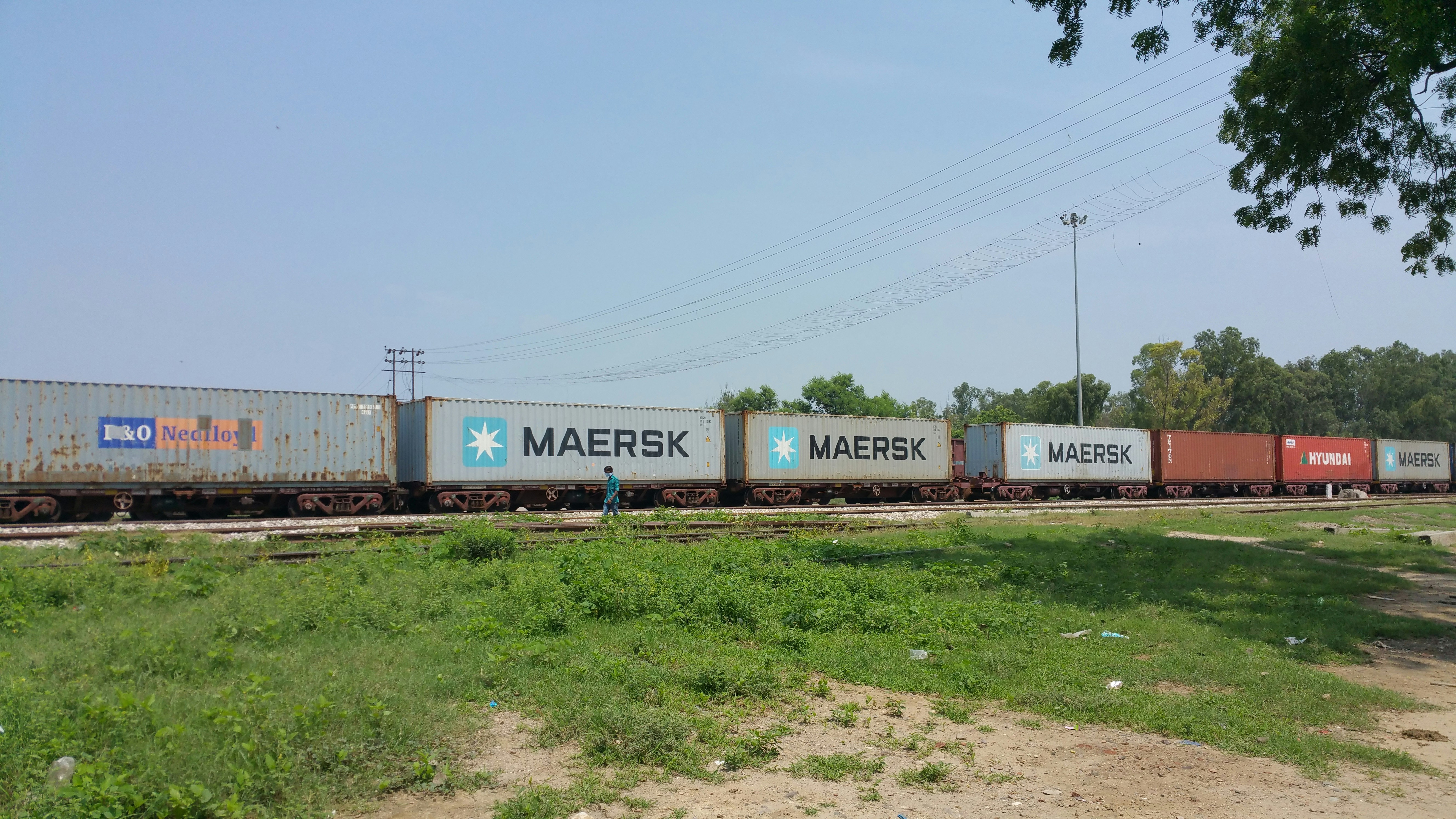
Introduction to Transport Operators
A transport operator is a crucial entity within the logistics and supply chain industry, responsible for the organization and execution of the movement of goods and passengers. Their role is essential for ensuring smooth and efficient transportation across various modes, which include road, rail, air, and maritime services. Each mode of transport entails distinct operational requirements and regulatory compliance, requiring operators to possess specific expertise and resources. For instance, road transport operators manage fleets of trucks and vans to facilitate local and long-haul deliveries, while rail operators coordinate freight and passenger services via rail networks.
Air transport operators engage in the movement of goods and people through aircraft, offering expedited services critical for international trade and time-sensitive shipments. Maritime transport operators utilize ships and vessels to navigate oceans and waterways, providing bulk transport solutions that are vital for global commerce. Each type of transport service comes with unique guidelines and responsibilities, which operators must adhere to meticulously to maintain safety, efficiency, and legal compliance.
The importance of transport operators extends beyond mere logistics; they play a significant role in facilitating commerce and ensuring the smooth flow of goods through the supply chain. By effectively managing transportation operations, they contribute significantly to economic growth, helping businesses meet demand while enhancing customer satisfaction. Transport operators are obligated to uphold various responsibilities, including adherence to safety regulations, compliance with environmental standards, and ensuring timely deliveries. Their commitment to these obligations not only protects their operations and reputation but also supports the entire logistics ecosystem, fostering reliable trade networks essential for modern economies.
Legal Obligations of Transport Operators
The legal framework governing transport operators is extensive and multifaceted, encompassing a variety of laws and regulations that must be adhered to in order to ensure safe and efficient operations. One of the primary obligations of transport operators is obtaining the necessary licenses to legally conduct their business. These licenses may vary depending on the type of transport services provided, such as passenger, freight, or hazardous materials transport, and are often issued by governmental authorities at local, regional, or national levels.
In addition to licensing, transport operators are mandated to comply with stringent safety standards. These standards are designed to minimize risks associated with transportation activities, ensuring the safety of drivers, passengers, and the general public. Transport operators are required to conduct regular maintenance checks on their vehicles and to adhere to operational protocols that foster safe driving practices. Moreover, they must ensure that their employees undergo appropriate training and are well-versed in safety regulations, which can significantly reduce the likelihood of accidents and injuries.
Insurance requirements are another crucial component of the legal obligations faced by transport operators. Depending on the jurisdiction, operators must carry a specific amount of liability insurance to protect against potential claims arising from accidents or damage during transit. This insurance acts as a safeguard, not only for the operator but also for the clients and third parties that may be affected by their services. Non-compliance with these legal obligations can lead to severe penalties, including fines, revocation of operating licenses, and even legal liabilities in cases of wrongful actions. Ultimately, adherence to these regulations is vital for maintaining legal standing and operational integrity in the transport sector.
Operational Responsibilities in Transportation
The role of a transport operator encompasses a wide array of operational responsibilities that are vital for ensuring the smooth functioning of transportation services. One of the primary duties includes route planning, which involves determining the most efficient pathways for vehicles to minimize travel time and costs while adhering to safety regulations. Effective route planning also takes into account factors such as traffic patterns, weather conditions, and road maintenance that could impact travel times.
Another crucial responsibility involves the maintenance of vehicles. Regular inspections and servicing are essential to guarantee that all transport vehicles operate safely and efficiently. This includes checking engine performance, tire conditions, and other vital components to prevent malfunctions that could lead to delays or accidents. A well-maintained fleet not only enhances operational efficiency but also fosters a sense of reliability among customers, further solidifying the transport operator’s reputation in the industry.
Adhering to schedules is equally important in transportation operations. Timeliness reflects the professionalism of the transport operator and directly affects customer satisfaction. Delays can tarnish an operator’s credibility and may lead to financial losses, making strict adherence to established timelines a key operational priority. Furthermore, maintaining a consistent schedule allows transport operators to build long-term relationships with clients, fostering trust that can translate to repeat business.
Record-keeping and reporting are additional vital responsibilities. Capturing operational data enables transport operators to monitor performance metrics, identify areas for improvement, and ensure compliance with regulatory requirements. Additionally, the introduction of advanced technology, such as GPS tracking and fleet management software, has revolutionized the operational framework of transport operators. These technological advancements not only streamline efficiency but also enhance safety protocols and customer service, contributing to a more robust operational strategy in the transportation sector.
Ethical Considerations and Environmental Responsibilities
Transport operators are increasingly held to high ethical standards, which encompass sustainable practices and fair labor conditions. The growing emphasis on environmental responsibility reflects societal expectations and a recognition of the transport sector’s significant impact on climate change and natural resources. As stakeholders look for more sustainable transportation options, operators are urged to adopt practices that minimize their ecological footprint while ensuring that the welfare of their workforce remains a priority.
One prominent trend in the industry is the transition towards eco-friendly vehicles. Many operators are investing in electric and hybrid fleets to reduce emissions and promote cleaner air. This shift not only aligns with regulatory requirements but also resonates with consumers who are more environmentally conscious. The integration of alternative fuel sources, such as biofuels and hydrogen, further underscores the industry’s commitment to sustainability. Additionally, companies are exploring efficient logistics practices like route optimization and load consolidation, which can lead to reduced fuel consumption and decreased greenhouse gas emissions.
In terms of labor conditions, ethical transport operators strive to provide a safe, fair, and equitable working environment for their employees. This includes ensuring compliance with labor standards, offering competitive wages, and investing in professional development. A strong focus on these aspects contributes to employee satisfaction and retention, thus enhancing the overall reliability of the service provided to clients.
Moreover, transport operators are increasingly engaging in corporate social responsibility initiatives that promote sustainability within their communities. These initiatives may include partnerships with local organizations, educational campaigns about sustainable practices, and investments in community projects that enhance mobility and accessibility. By committing to these ethical and environmental responsibilities, transport operators are poised not only to align with consumer values but also to play a pivotal role in shaping a more sustainable future for the transportation industry.
